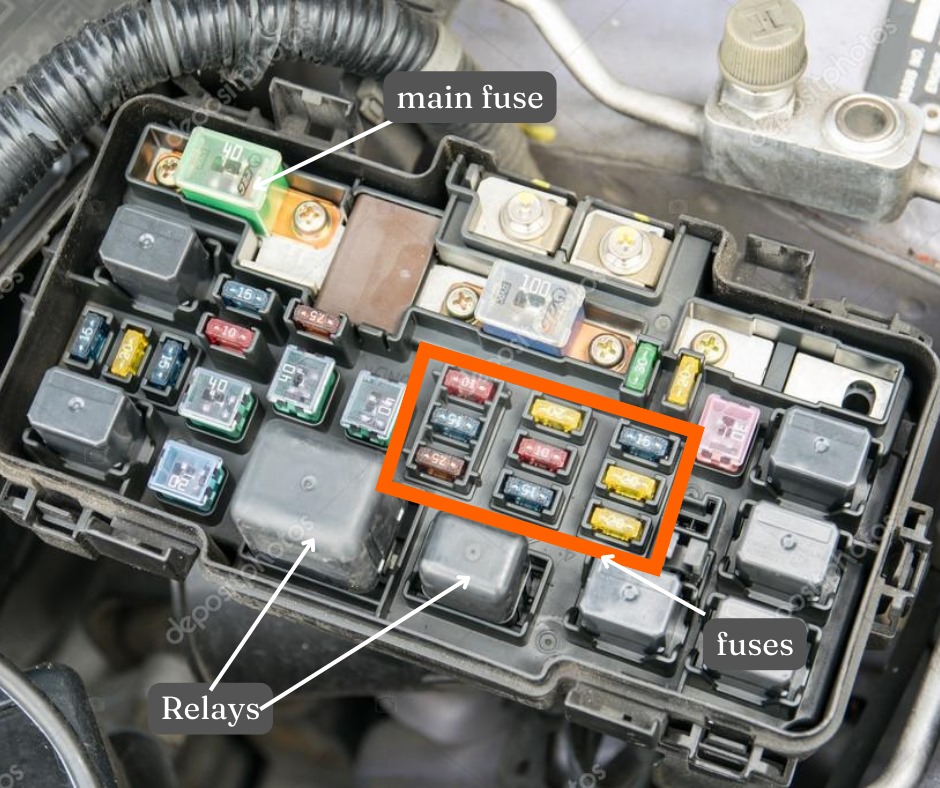Warning Signs of a Faulty Fuse Box in Your Car

Uncover the critical indicators that your car's fuse box may be failing, ensuring your safety and vehicle's performance.
Identifying Common Symptoms of a Faulty Fuse Box
A faulty fuse box can manifest in various ways, making it essential to recognize the signs early. Common symptoms include frequent electrical issues such as flickering lights, malfunctioning dashboard gauges, or non-functional accessories like power windows and locks.
Another tell-tale sign is the repeated blowing of fuses. If you find yourself constantly replacing the same fuse, it could indicate a deeper issue within the fuse box itself. Additionally, a burning smell or visible damage like melted plastic around the fuse box area warrants immediate attention.
How a Damaged Fuse Box Affects Vehicle Performance
A damaged fuse box can severely impact your vehicle’s overall performance. Electrical problems might lead to erratic behavior in critical systems, such as the ignition system, which could result in difficulty starting your car or even a complete failure to start.
Moreover, issues with the fuse box can cause intermittent power loss to essential components, potentially compromising your car's safety features like airbags and anti-lock brakes. This not only affects drivability but also poses a significant risk to your safety.
Steps to Diagnose Fuse Box Issues Yourself
Diagnosing fuse box issues yourself can be a straightforward process if done systematically. Start by visually inspecting the fuse box for any signs of physical damage or corrosion. Check each fuse for continuity using a multimeter, ensuring they are functioning correctly.
Another step involves testing the circuits connected to the fuse box. Use a circuit tester to identify if power is being correctly distributed. If you encounter any irregularities, such as no power to a particular circuit, it may indicate a problem within the fuse box that needs further investigation.
Professional vs. DIY: When to Seek Help
While some fuse box issues can be resolved with basic troubleshooting, there are times when professional intervention is necessary. If you encounter complex electrical problems, such as persistent short circuits or wiring issues beyond simple fuse replacement, it's advisable to seek help from a certified mechanic.
Professionals have the tools and expertise to diagnose and fix intricate fuse box problems accurately. Attempting to handle these issues on your own without proper knowledge can lead to further damage and increased repair costs.
Maintaining Your Fuse Box to Prevent Future Problems
Regular maintenance of your fuse box is crucial in preventing future issues. Periodically check the fuses and the overall condition of the fuse box. Keeping it clean and free from debris can help avoid potential electrical problems.
Additionally, routine inspections by a professional during your car’s service appointments can catch early signs of wear and tear. Addressing minor issues promptly can save you from more significant, costly repairs down the line.

 Loading..
Loading..